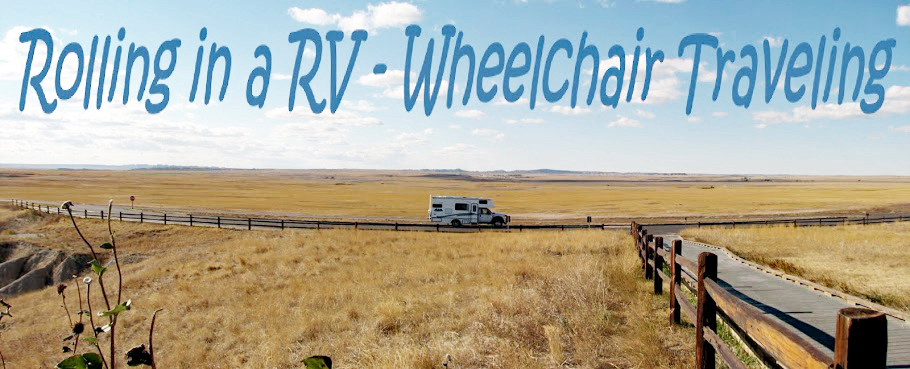California’s first vineyard was located on the mission grounds which also included an iron foundry, candle and soap making, cloth and blanket weaving, and leather tanning. Cattle, sheep, goats, pigs, wheat, barley, corn, beans, peas, lentils, and chickpeas were raised.
In 1797 construction on a large domed church was started. The church, built of stone rather than the more commonly used adobe bricks, was completed in 1806 only to crumble from earthquake tremors in 1812. 42 people attending church services died. The large church was never rebuilt.
Mexico, which included most of what is now the southwest United States, won its independence from Spain in 1821. The missions continued to operate until 1833 when the Mexican government secularized them. The Franciscans left and local people carried off building materials. Native Americans still farmed the land but they gradually drifted away. Mission San Juan Capistrano was auctioned off in 1845 and the Foster family established a ranch and used the mission buildings for living quarters. California became a US state in 1850 and in 1865 Abraham Lincoln deeded the mission back to the church.
Preserving and rebuilding the mission is an ongoing project which sometimes has unintended consequents. The mission has been famous for the return of the swallows every March but conservation of the church ruins in the 1990s included demolishing the swallow nests. Swallows prefer to reuse nests but when they discovered their nests were gone they built new nests farther from town where there is little disturbance from people. Nest have been made and swallows songs are piped in an attempt to draw the swallows back to their old nesting spots but it doesn't look like it's working very well.
An audio wand for a self guided tour is provided with a ticket purchase. The grounds and Serra Chapel are beautiful and the tour is extensive with displays of church artifacts and historic information about the mission and various activities however very little is said about the plight of the Native Americans who were basically held captive and forced into servitude. Many died from diseases and the one who survived lost their culture as families had been separated and speaking their native language was forbidden.
Almost all of the mission grounds and buildings are accessible. Ask for an accessibility map if you are not offered one.
There isn’t a parking lot at the mission but there are several free parking lots in town. We parked in Los Rios Park, an easy ( but bumpy over the flagstone) 1/4 mile walk/roll west of the mission. Do not park an RV on the street. According to city codes: No person shall park and leave standing upon any public street or highway within the City of San Juan Capistrano any motor vehicle or combination of vehicles in excess of twenty-five (25) feet in length, or having a width in excess of ninety (90) inches as measured at the widest portion of the body, not including mirrors or other extensions, or a weight in excess of ten thousand pounds. Mission 33.50199, -117.66271 Los Rios Park


Not an RV friendly place is it?
ReplyDeleteNo, but the parking lot is plenty big enough.
Delete